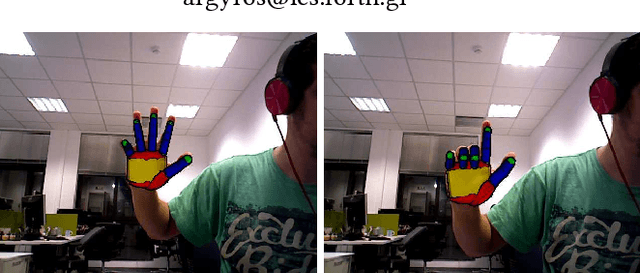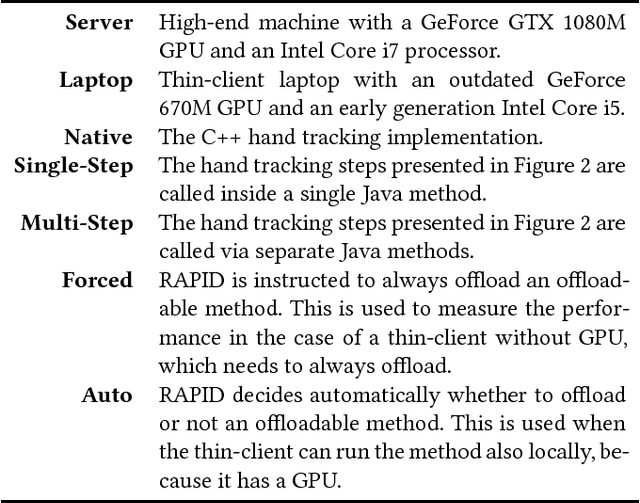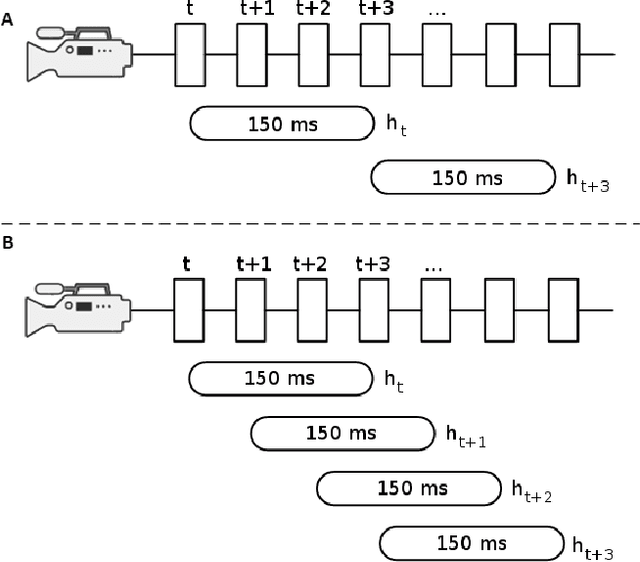Sokol Kosta
LAGO: Few-shot Crosslingual Embedding Inversion Attacks via Language Similarity-Aware Graph Optimization
May 21, 2025



Abstract:We propose LAGO - Language Similarity-Aware Graph Optimization - a novel approach for few-shot cross-lingual embedding inversion attacks, addressing critical privacy vulnerabilities in multilingual NLP systems. Unlike prior work in embedding inversion attacks that treat languages independently, LAGO explicitly models linguistic relationships through a graph-based constrained distributed optimization framework. By integrating syntactic and lexical similarity as edge constraints, our method enables collaborative parameter learning across related languages. Theoretically, we show this formulation generalizes prior approaches, such as ALGEN, which emerges as a special case when similarity constraints are relaxed. Our framework uniquely combines Frobenius-norm regularization with linear inequality or total variation constraints, ensuring robust alignment of cross-lingual embedding spaces even with extremely limited data (as few as 10 samples per language). Extensive experiments across multiple languages and embedding models demonstrate that LAGO substantially improves the transferability of attacks with 10-20% increase in Rouge-L score over baselines. This work establishes language similarity as a critical factor in inversion attack transferability, urging renewed focus on language-aware privacy-preserving multilingual embeddings.
Optimal Privacy-Preserving Distributed Median Consensus
Mar 13, 2025



Abstract:Distributed median consensus has emerged as a critical paradigm in multi-agent systems due to the inherent robustness of the median against outliers and anomalies in measurement. Despite the sensitivity of the data involved, the development of privacy-preserving mechanisms for median consensus remains underexplored. In this work, we present the first rigorous analysis of privacy in distributed median consensus, focusing on an $L_1$-norm minimization framework. We establish necessary and sufficient conditions under which exact consensus and perfect privacy-defined as zero information leakage-can be achieved simultaneously. Our information-theoretic analysis provides provable guarantees against passive and eavesdropping adversaries, ensuring that private data remain concealed. Extensive numerical experiments validate our theoretical results, demonstrating the practical feasibility of achieving both accuracy and privacy in distributed median consensus.
On the Feasibility of Real-Time 3D Hand Tracking using Edge GPGPU Acceleration
Apr 30, 2018



Abstract:This paper presents the case study of a non-intrusive porting of a monolithic C++ library for real-time 3D hand tracking, to the domain of edge-based computation. Towards a proof of concept, the case study considers a pair of workstations, a computationally powerful and a computationally weak one. By wrapping the C++ library in Java container and by capitalizing on a Java-based offloading infrastructure that supports both CPU and GPGPU computations, we are able to establish automatically the required server-client workflow that best addresses the resource allocation problem in the effort to execute from the weak workstation. As a result, the weak workstation can perform well at the task, despite lacking the sufficient hardware to do the required computations locally. This is achieved by offloading computations which rely on GPGPU, to the powerful workstation, across the network that connects them. We show the edge-based computation challenges associated with the information flow of the ported algorithm, demonstrate how we cope with them, and identify what needs to be improved for achieving even better performance.
 Add to Chrome
Add to Chrome Add to Firefox
Add to Firefox Add to Edge
Add to Edge